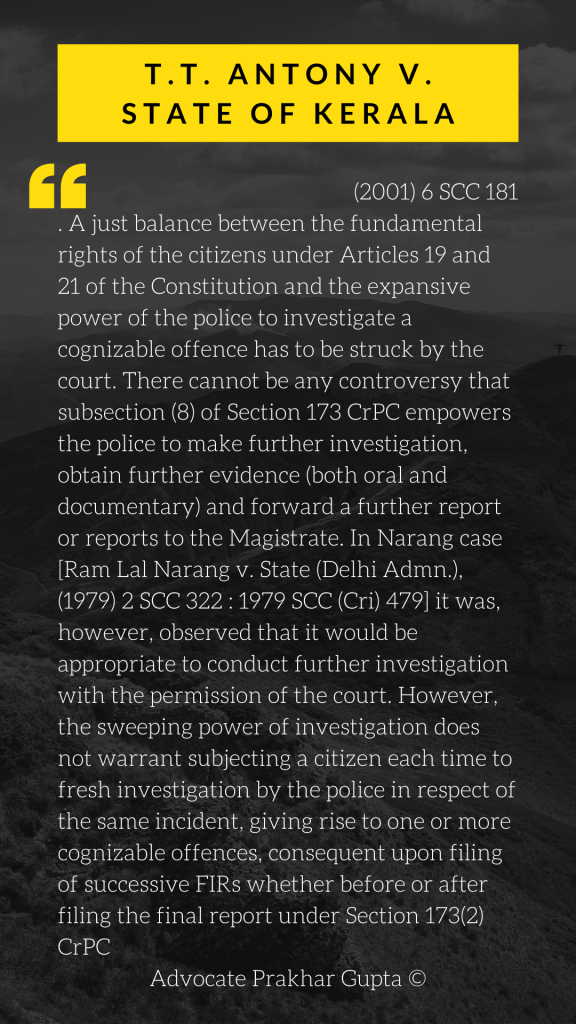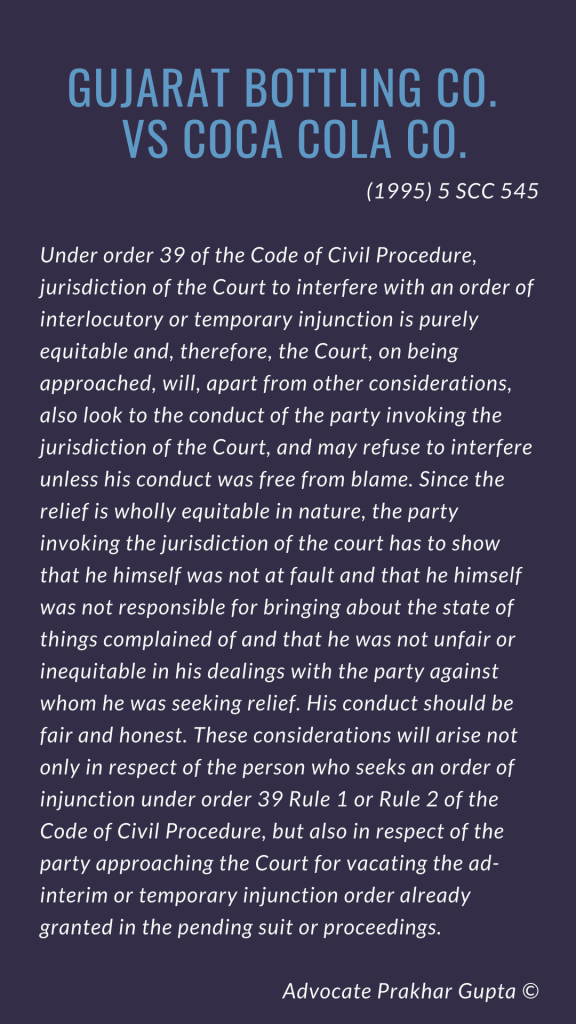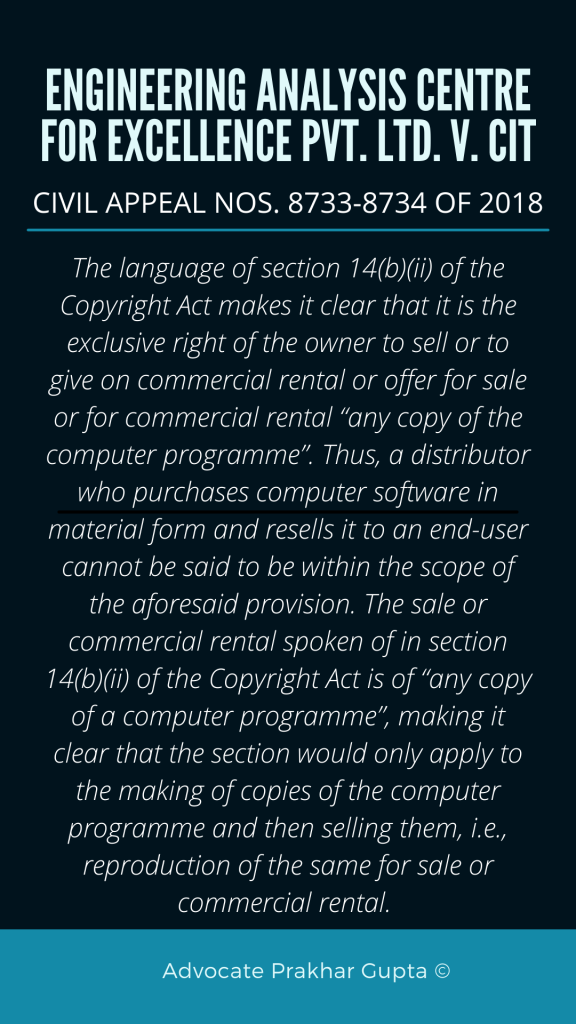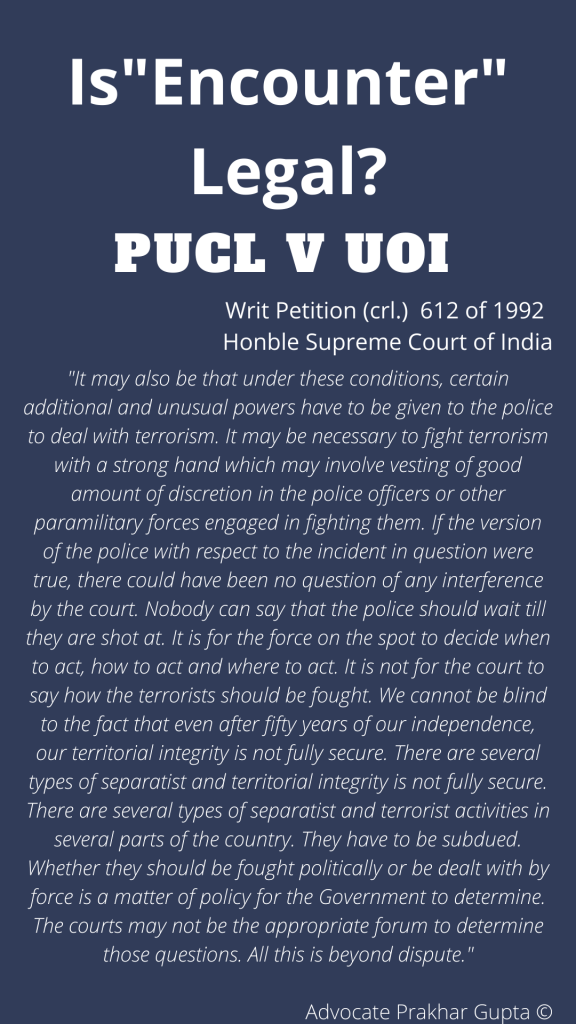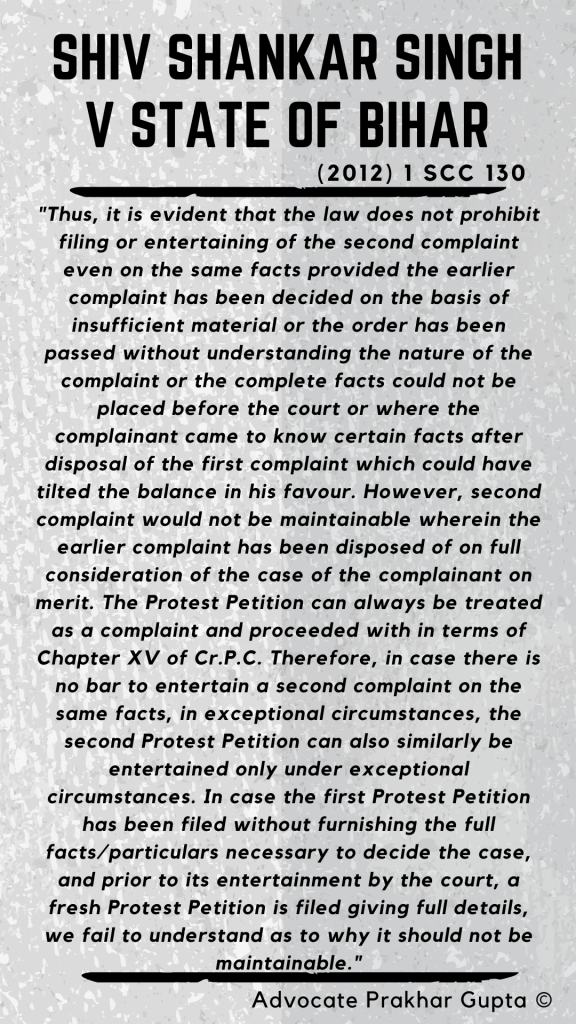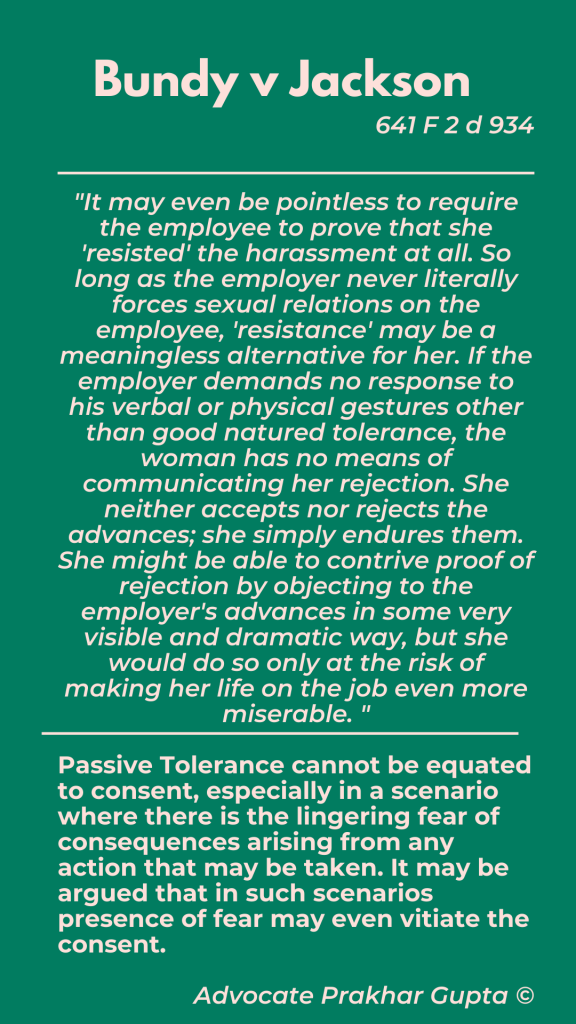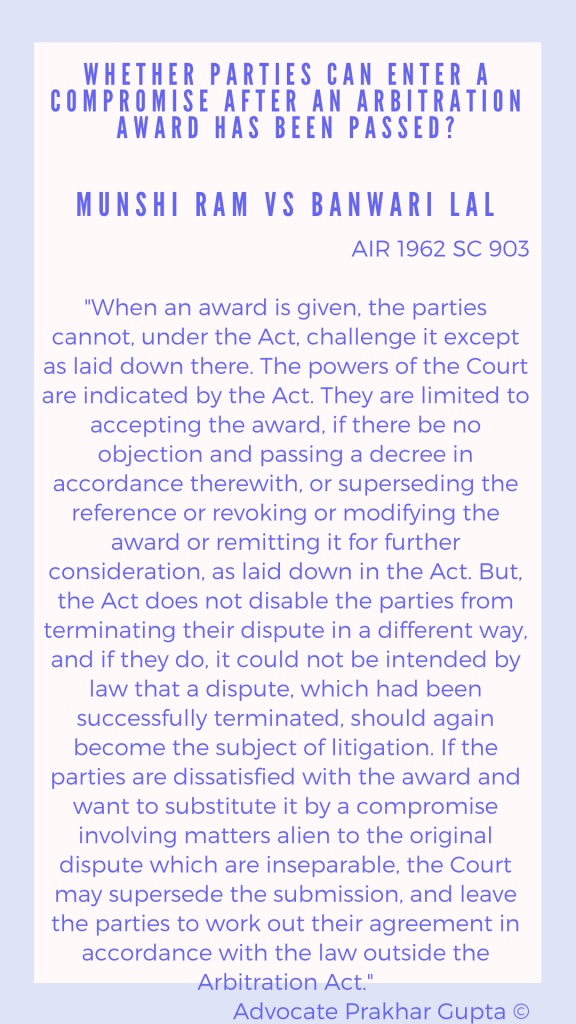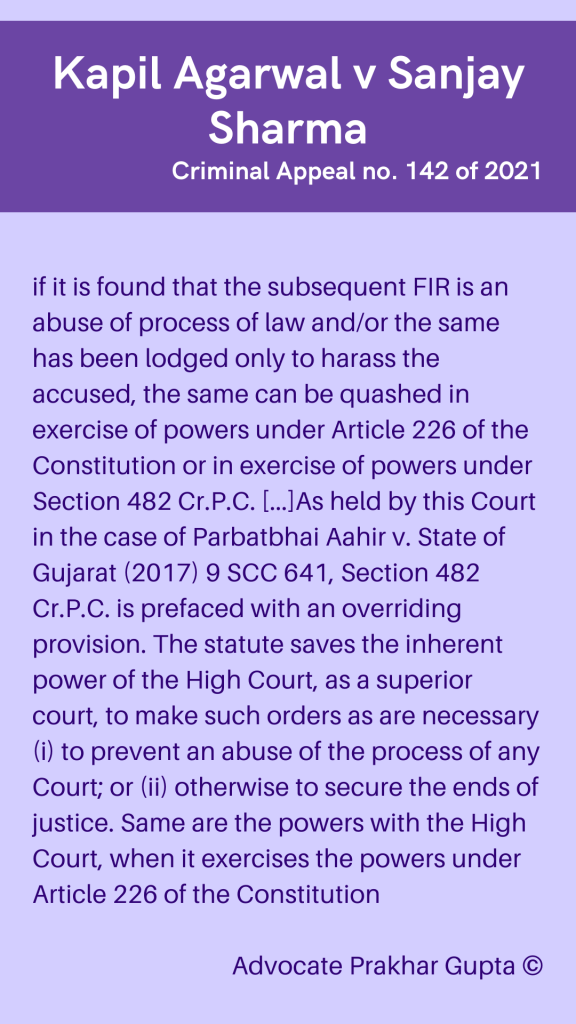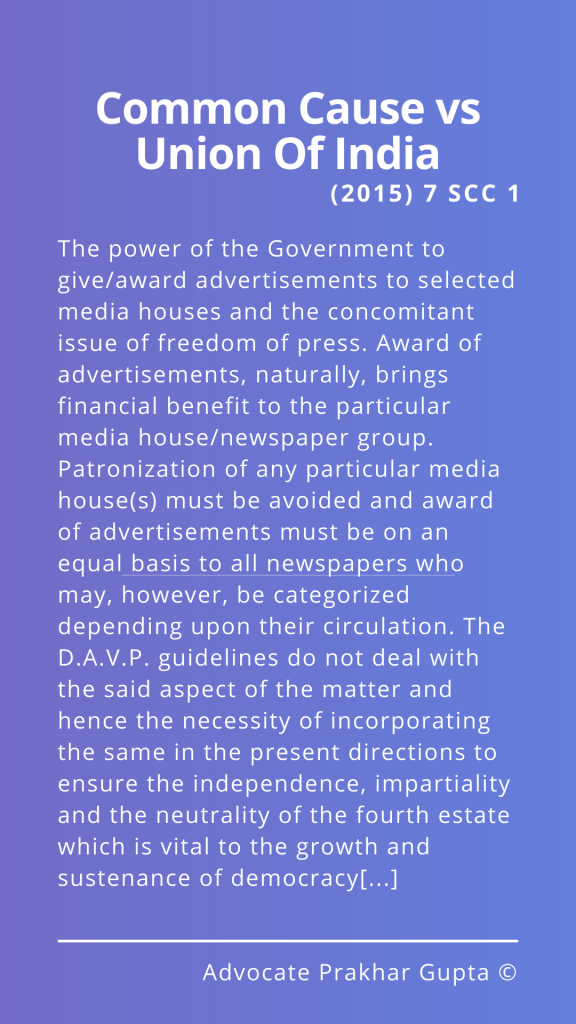T T Antony v State of Kerala
Although in this particular landmark judgment the Hon’ble Supreme Court of India has held that multiple complaints/ FIRs in respect of the same act might go on violating the Fundamental Rights of the accused, as the same may subject to unnecessary harassment. But at the same time, a grave concern remains, what if in a situation accused himself takes first opportunity to register a false complaint, and thereby depriving the victim to exercise his/ her rights, and in consequence thereof fail the justice system itself.
T T Antony v State of Kerala Read More »

